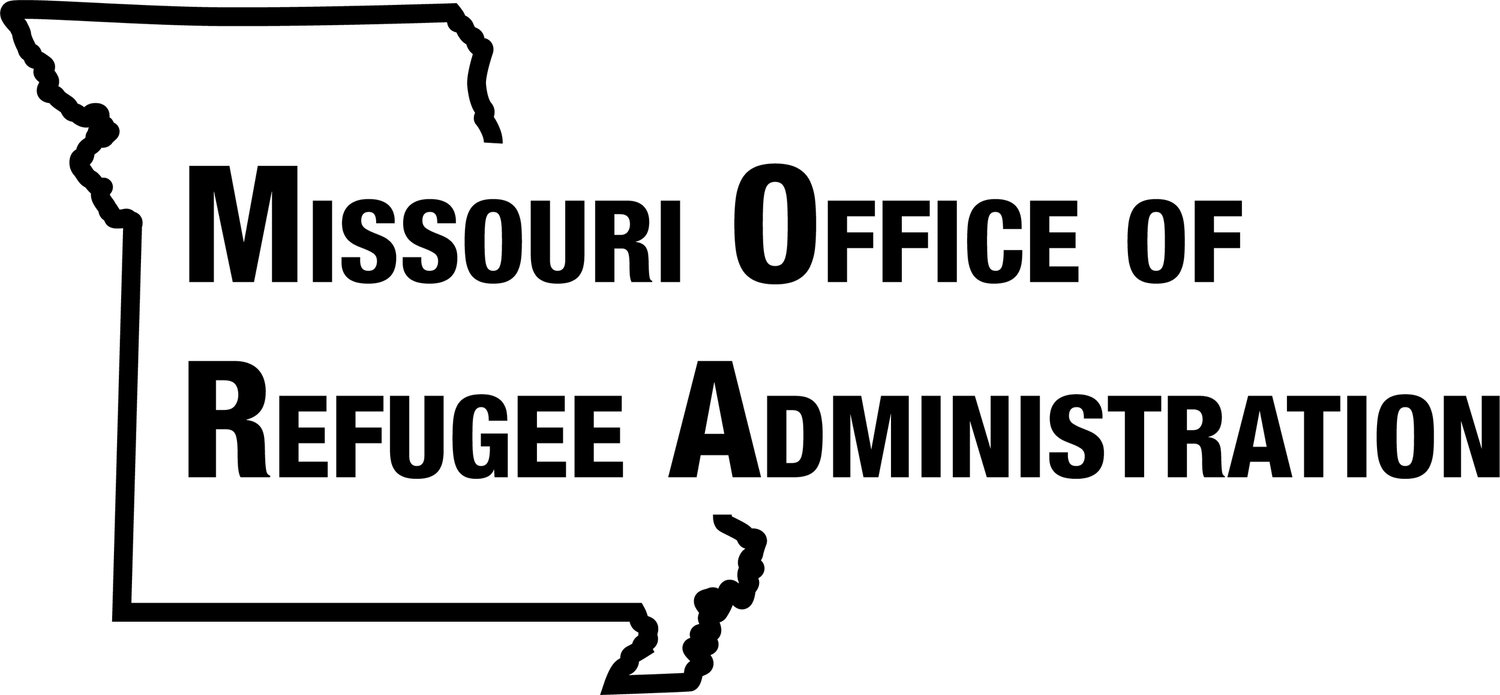Afghan Support Center in St. Louis
U.S. Citizenship and Immigration Services (USCIS) hosted an Afghan Support Center in St. Louis at the end of February.
By Marisa Tesoro
Often described as “a community resource fair meets an IKEA show room,” the Afghan Support Center invited government agencies, service providers, prospective employers, and healthcare providers to gather in the ballroom at the Renaissance Hotel and further support recently arrived Afghans in the region.
Geared toward Afghans in the second stage of their resettlement and integration experience, these support centers have served as a follow-up to the Welcome Centers created during the initial phase of Operation Allies Welcome.
Attendees had the rare opportunity to meet with the very federal agencies who could answer vital questions about family reunification or missing immigration documentation. USCIS, Office of Refugee Resettlement, Department of Justice Immigrant and Employee Rights Section, Department of State-Bureau of South and Central Asia Affairs and Office of the Coordinator of Afghan Relocation Efforts, and congressional representatives were all present. And many took advantage of this unique opportunity to get tangible and immediate solutions.
One such guest was Samad who drove seven hours from Iowa with his wife and five children. After the event, USCIS and Cherokee Federal shared that Samad had supported the U.S. military while in Afghanistan and needed urgent help with his case. USCIS officers were able to capture his biometrics and push his case forward. As he left with tears in his eyes, Samad thanked everyone, saying, “This is a happy and joyful day. Thank you so much for helping me and my family.”
In total, more than 70 service providers assisted nearly 800 guests, representing over 70% of the newly arriving population.
After hosting 14 other support centers, Cherokee Federal and USCIS were prepared and equipped to welcome any case who walked in. Upon arriving at the support center, clients were greeted by Cherokee Federal staff, and a brief intake was done. They asked questions about each family’s or client’s goals and priorities in attending the center to best serve them as effectively and efficiently as possible. Clients were then introduced to an interpreter who served as their guide to the event. Once they reached the government tables, clients were introduced to a specialized interpreter who guided them through the next phase of the process before handing them back to their original guide.
Over the course of the 4-day event, there were also several listening sessions in which newcomers were invited to share about various aspects of their experience with representatives from the federal government. Some of those listening sessions included one for women, one for young adults, and one geared toward the general population. Service providers were also able to report back to USCIS and HUD about their experiences with housing and immigration service needs during separate listening sessions.
The support center also allowed guests to meet with prospective employers at an employment fair one afternoon. Employers included Bethesda Health Group, FedEx Feight, Natures Bakery, St. Louis Mosaic Project, Strawberry International School, Volpi Foods, and Washington University among others.
This event provided essential connections and resources to clients and service providers alike. Letty Goering, founder of Kindness Begins with Me shared with Cherokee Federal and USCIS, “This Support Center has been so helpful, allowing us to expand our network, reduce duplication of services and provide comprehensive support to these families. The ability to connect with new providers and strengthen our relationships has been amazing.”
St. Louis was the 15th support center in the country with 18 planned in total. Next up will be Syracuse and Buffalo in New York followed by Anaheim, California. Along the way USCIS and Cherokee Federal have collaborated with communities across the country to provide Afghans with essential services including resettlement agency assistance, public wellness and benefits, mental health resources, educational opportunities, legal counsel, employment, women-specific services, social services and housing.

